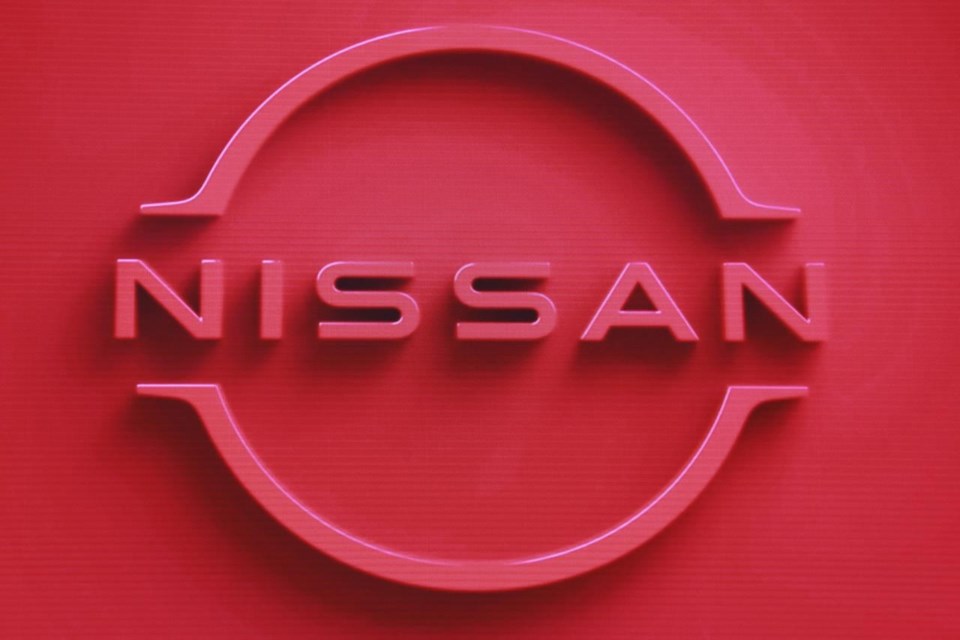TOKYO (AP) — Japanese automaker Nissan's profit plunged in the last quarter to less than half of what it was a year earlier as the COVID-19 lockdown in China and a global semiconductor shortage slammed production.
Nissan Motor Co. reported Thursday that its April-June net profit totaled 47.1 billion yen ($349 million), down from 114.5 billion yen in the same period of 2021. That change marks a 59% drop. Quarterly sales rose 6% 2.14 trillion yen ($15.9 billion).
Soaring raw material costs also hurt profitability, according to the manufacturer based in the port city of Yokohama.
Nissan posted a profit in the last fiscal year ended in March for the first time in three years.
The brand image of Nissan, allied with Renault SA of France, has suffered after its star executive Carlos Ghosn was arrested in Japan on various financial misconduct charges in 2018.
Ghosn, who led the alliance for two decades, says he is innocent, pointing to a coup within the automaker’s ranks as behind the allegations. He jumped bail in December 2019, and is now in Lebanon.
Nissan reiterated in its earnings report Thursday that Ghosn used company money for “personal benefit,” including purchases of residences, and payments to family members, gifts and donations it said were improper.
The shortage of semiconductors because of COVID-19 restrictions in various nations has hurt not only Nissan but the entire auto industry.
Chief Operating Officer Ashwani Gupta said Nissan will invest to “build resilience,” restructuring supply chains and inventory levels so that demand can be better met. But Gupta warned the chips-shortage crisis wasn’t going to be fixed for some time.
He said soaring raw material costs must also be addressed, noting Nissan was “moving forward with cautious optimism.” The cheap yen will serve as a “tailwind,” Gupta said. A declining yen boosts the value of Japanese manufacturers’ overseas earnings.
Nissan, which makes the Leaf electric cars, Rogue sport utility vehicles and Infiniti luxury models, expects its production volumes to recover in the months ahead.
It’s forecasting a net profit for the fiscal year ending in March next year of 150 billion yen ($1.1 billion), down 30% on year.
“In the first quarter, the business environment remained more challenging than expected. We believe our progress in this environment is proof that Nissan’s business foundation has been steadily strengthened,” said Chief Executive Makoto Uchida.
Japan’s top automaker, Toyota Motor Corp., reports earnings next week.
___
Yuri Kageyama is on Twitter https://twitter.com/yurikageyama
Yuri Kageyama, The Associated Press


